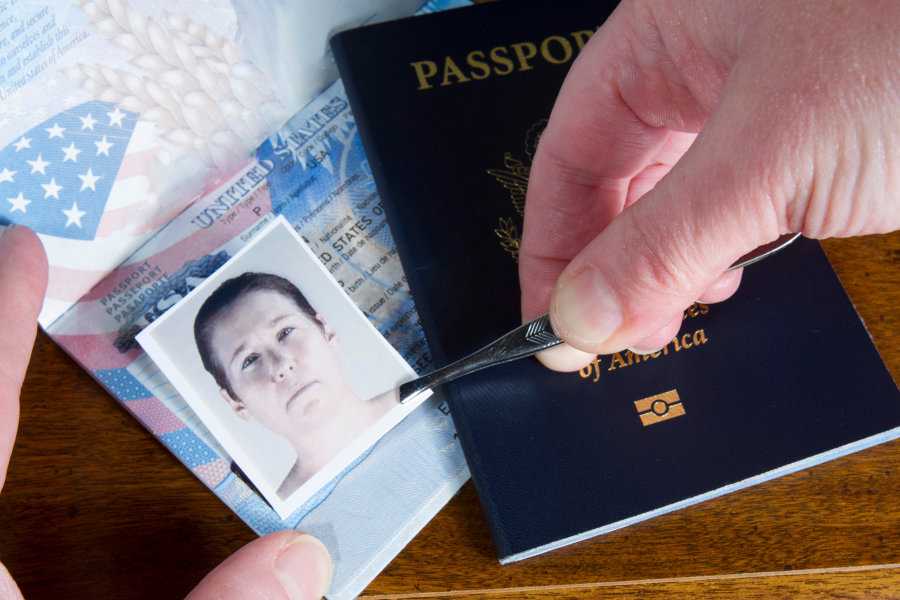
Counterfeiting and Forgery Crimes in California
Forgery involves the altering of certain documents with the intent to defraud. Counterfeiting may be involved in forgery laws or may stand alone. Counterfeiting often deals with copying currency in an attempt to defraud others into accepting what others believe is legitimate currency issued by the government.
State Counterfeiting Laws
Counterfeiting in California is based on the unlawful duplication of documents of legal significance, including duplicating coins, tickets, checks, currency and other items. Counterfeiting is a specific intent crime, meaning that the prosecutor must show that the defendant had the intent to defraud others. Counterfeiting may be filed as either a felony or a misdemeanor offense.
State Forgery Laws
California has a number of different forgery laws. However, the basic elements are generally the same for each offense:
- there is a written instrument
- that the defendant materially altered or falsely signed
- with the intent to defraud.
Some of the different types of forgery laws in California include:
Forgery by Signing Someone Else’s Name
This is a common form of forgery. It is conducted when a person signs someone else’s name to a document without the person’s consent, knowing that he or she did not have consent.1
Forgery by Counterfeiting or Forging Someone Else’s Handwriting or Seal
A similar crime may be charged when a person counterfeits or forges another person’s writing or seal on a document with the intent to commit fraud2. This includes documents that are not listed in the statute describing Forgery by Signing Someone Else’s Name. These documents may include creating a false document, photocopying a document with the intent to pass a copy off as an original or copying a person’s handwriting in order to secure some benefit for the copier.
Forgery by Altering, Corrupting or Falsifying Legal Documents
It is also illegal for a person to alter, corrupt or falsify a legal document such as a will, deed, court record or other legal documents that could serve as evidence in a courtroom setting.3
Forgery by Falsely Making, Altering, or Uttering/Publishing Specific Documents
Additionally, a person cannot falsify, alter or counterfeit certain documents including money orders, lottery tickets and real estate leases.4
Penalties
Forgery may be charged as a felony offense with a maximum three-year penalty or as a misdemeanor with a maximum penalty of one year in county jail.
Federal Counterfeiting Laws
Counterfeiting laws have been present at the federal level for many years, due in large part to the prevalence of attempting to counterfeit currency. Counterfeiting currency occurs when a person intends to defraud another person by using a bill that is similar enough to the authentic version so as to confuse an ordinary person.5Federal law also prohibits counterfeiting other securities other than money from the United States and possessing tools commonly used in counterfeiting.
Federal law also prohibits the counterfeiting of other items, including:
- federal court documents
- United States postal stamps and meters
- Seals of federal agencies
- Specific documents used by lending institutions
- Bonds, proposals, public records, contracts and other documents used to defraud the United States
- Import and export documents related to customs duties
Penalties for Counterfeiting Currency
The penalties for counterfeiting currency are extensive because of the possible impact on society. Several provisions in federal counterfeiting laws provide for a fine up to $250,000 and a prison sentence of up to 20 years in prison. Being in possession of counterfeiting tools can result in a prison sentence up to 25 years and a $250,000 fine. In some cases, a punishment may be even more significant, such as when the fine is double the amount that the defendant caused someone else to gain or lose through his or her counterfeiting activity.
Federal Forgery Laws
Forgery is commonly prosecuted at the state level. However, there are certain types of forgery that rise to the federal level. For example, when a person steals the identity of another person, federal laws may apply. Additionally, federal law criminalizes forging federal documents such as military records, documents intended to defraud the federal government or immigration documents. Federal law may also be implicated when the document is sent over state lines or occurs in multiple states.
Being convicted of forgery can result in prison time, expensive fines, probation and high costs in restitution that are paid to compensate the victim for the value of the stolen goods or funds.Bottom of Form
Immigration Consequences
Conviction of a forgery or counterfeiting charge may result in a conviction of an aggravated felony.6Being convicted of an aggravated felony is grounds for removal.7A criminal defense attorney can help determine what defenses may apply. He or she can also try to negotiate a plea agreement that will have the least impact on a person’s immigration status as possible.
Possible Defenses
A California criminal defense lawyer can explore possible defenses if a person is charged with a counterfeiting or forgery charge in California. Both of these crimes require the prosecutor to show specific intent to defraud. If this element cannot be proven, the defendant cannot be convicted. Consent may be a potential defense, such as when a person did authorize someone else to sign a check or other document for him or her. In other situations a forgery may exist that is not fraudulent in nature. Regarding counterfeit charges, a defense may be that the counterfeited materials were not of a sufficient quality that it cannot be reasonably concluded to confuse someone else.
References
1 See California Penal Code 470(a) – “Every person who, with the intent to defraud, knowing that he or she has no authority to do so, signs the name of another person or of a fictitious person to any of the items listed in subdivision (d) is guilty of forgery.”
2 See California Penal Code 470(b) – “Every person who, with the intent to defraud, counterfeits or forges the seal or handwriting of another is guilty of forgery.”
3 See California Penal Code 470(c) – “Every person who, with the intent to defraud, alters, corrupts, or falsifies any record of any will, codicil, conveyance, or other instrument, the record of which is by law evidence, or any record of any judgment of a court or the return of any officer to any process of any court, is guilty of forgery.”
4 See California Penal Code 470(d) – “Every person who, with the intent to defraud, falsely makes, alters, forges, or counterfeits, utters, publishes, passes or attempts or offers to pass, as true and genuine, any of the following items, knowing the same to be false, altered, forged, or counterfeited, is guilty of forgery: any check, bond, bank bill, or note, cashier’s check, traveler’s check, money order, post note, draft, any controller’s warrant for the payment of money at the treasury, county order or warrant, or request for the payment of money, receipt for money or goods, bill of exchange, promissory note, order, or any assignment of any bond, writing obligatory, or other contract for money or other property, contract, due bill for payment of money or property, receipt for money or property, passage ticket, lottery ticket or share purporting to be issued under the California State Lottery Act of 1984, trading stamp, power of attorney, certificate of ownership or other document evidencing ownership of a vehicle or undocumented vessel, or any certificate of any share, right, or interest in the stock of any corporation or association, or the delivery of goods or chattels of any kind, or for the delivery of any instrument of writing, or acquittance, release or discharge of any debt, account, suit, action, demand, or any other thing, real or personal, or any transfer or assurance of money, certificate of shares of stock, goods, chattels, or other property whatever, or any letter of attorney, or other power to receive money, or to receive or transfer certificates of shares of stock or annuities, or to let, lease, dispose of, alien, or convey any goods, chattels, lands, or tenements, or other estate, real or personal, or falsifies the acknowledgment of any notary public, or any notary public who issues an acknowledgment knowing it to be false; or any matter described in subdivision (b).”
5 18 U.S.C.A. § 471 – Stating “whomever, with the intent to defraud, falsely makes, forges, counterfeits, or alters any obligation or other security of the United States shall be fined . . . or imprisoned not more than 20 years, or both.”
6 See 8 U.S.C. § 1101(a)(43) – Including enumerated aggravated felony offenses that are enumerated in subsections A-U, specifically (R) which includes counterfeiting or forgery offenses when the term of imprisonment is at least one year.
7 See 8 U.S.C. § 1227(a)(2)(A)(iii) – “Any alien who is convicted of an aggravated felony at any time after admission is deportable.”
